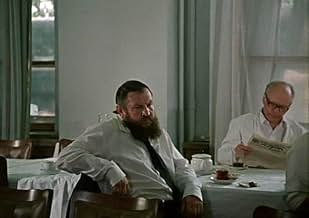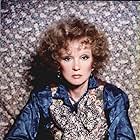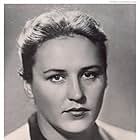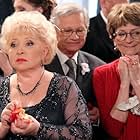Riazanov's Railway Station for Two is a delightfully unique work that jumps between triviality and complexity with a certain grace. On the one hand, the film is a dark comedy about a man for whom nothing goes right, a walking Murphy's law. On the other hand, it is a classic melodramatic romance about a working class woman and a member of the intelligentsia. However, the film is much more than either of these clichés. There is a wonderfully crafted development of relationship at play: over the course of the two or three short days depicted, one is well convinced that these two people have progressed from viciously bickering strangers to being truly in love. Riazanov manages to draw for the viewer the contrasting and overlapping struggles of these disaffected members of opposite social classes with a subtlety that might have been painfully overbearing in the hands of a different director. There are striking sociopolitical aspects to this film as well – casual depiction of the black market, references to the issues of profiteering and shortages, and even outright criticism of communism are remarkable, at least in contrast with earlier Soviet work. The clash of gender equality and tradition also comes into play at several times in the course of the film's brief love affair. All of these themes are dealt with in a wonderfully delicate way, accenting a sometimes saturnine and sometimes playful love story. Elements of Riazanov's style are reminiscent of early Soviet cinema – pressing psychological burdens, long and pregnant silences – in manner that is unfortunately sometimes alienating. The ending sequence in particular, divorced from the train station in which so much of the story occurs, is downright bizarre and troublesomely off-tempo from the rest of the film. The majority of Station for Two, however, is a well-wrought balance of social commentary and bleakly-humorous romance.






















